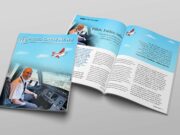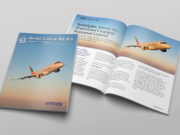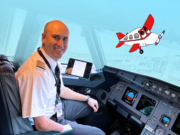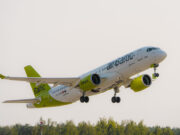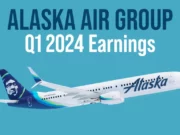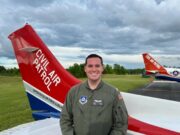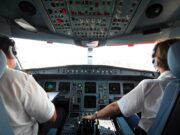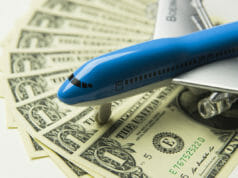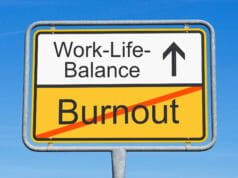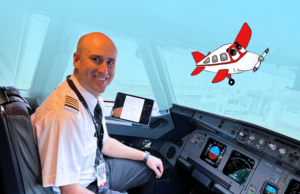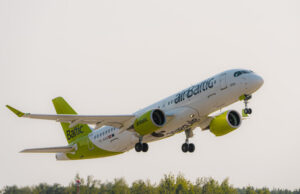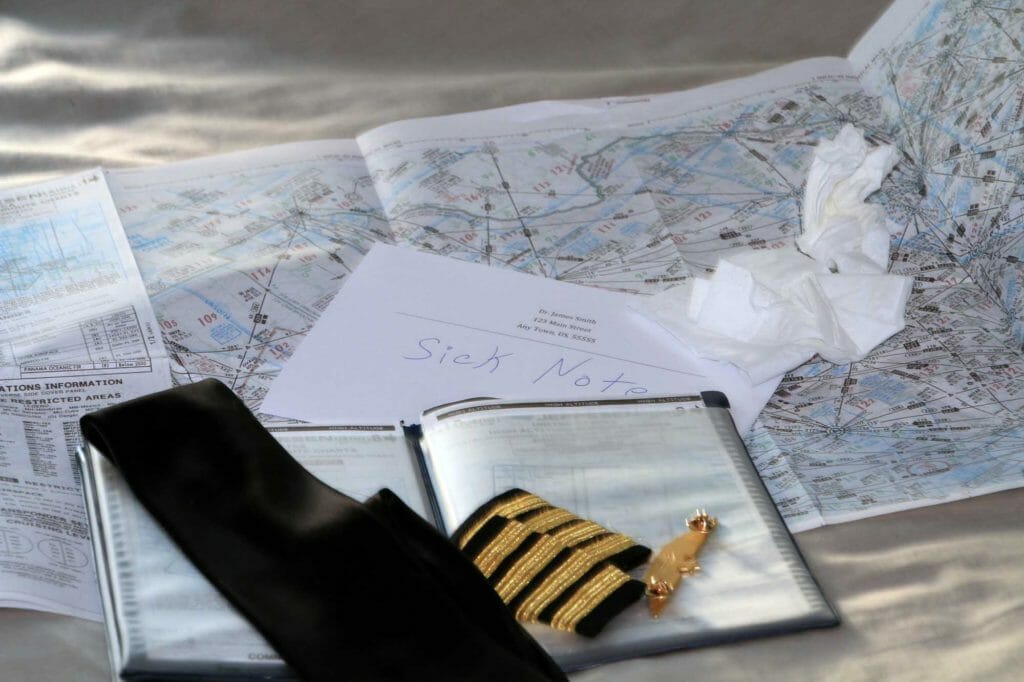
Being confined to a metal tube for hours at a time, it should come to no surprise that crew-members occasionally become sick. Although pilots and flight attendants develop different strategies to cope with health issues they come in contact with, there may be times where they are simply too sick to show up to fly. To alleviate some headaches, airlines provide different methods of compensating pilots calling in sick, as well as different policies to abide by. The differences offered by all the airlines dictate how likely a pilot is to call in sick, as well as how the pilot is compensated.
Most airlines generally have a sick bank accessible to pilots to be used whenever he/she is not feeling fit for duty. Each month, pilots accrue a certain amount of hours toward their sick bank. When a pilot needs to call in sick prior to or during a trip, the pilots will still be compensated for what they were scheduled for. Hours that are not flown are then deducted from the pilot’s sick bank.
In this day and age, U.S. airlines generally do not offer resistance to pilots calling in sick. Crew Scheduling phone lines are recorded and, due to accidents over the years, airlines have come under more scrutiny to ensure their pilots are fit for duty. While pilots will not be questioned regarding their illness when they phone in, each company has guidelines to ensure pilots do not abuse the sick call policy. Airlines have a set number of times pilots can call in sick in a rolling 12 months, varying between three to six sick calls in such time span. Any sick call over that will be looked into by the chief pilot, where disciplinary action may result.
Providing a doctor’s note will minimize the disciplinary action that may be taken against the pilot. If the pilot calls in sick numerous times, but with doctor’s notes, the pilot may be required to go on a leave, such as the Family Medical Leave Act (FMLA). Not providing doctor’s notes can lead to questioning by the airline, and some degree of disciplinary action. If no doctor’s note is provided and the pilot has many occurrences, the pilot may ultimately be terminated.
Vacation time and pay will generally be unaffected by a pilot’s sick bank. Having said that, there are a couple of airlines that combine both vacation pay bank and paid time off bank. Depending on how much paid-time off time the pilot has accrued, the pilot may have to choose between getting paid for calling in sick or an upcoming vacation. In most cases, any accrued sick time, paid time off, and vacation time not used by the pilot is paid out by the airline.

There may be times where a pilot needs certain days off. Most airlines will allow pilots to make such requests in advance, usually prior to bidding for that month. The number of days granted vary from as little as three days to as many as twelve per year. These days are traditionally called “Golden Days” and are made at the discretion of Crew Scheduling, depending on staffing for that month. Some airlines have a bank of golden days for pilots to use from, whereas other airlines require the pilot to trade those days from the pilot’s vacation time of that year. If the airline does not provide any “Golden Days,” coordination with the Chief Pilot’s Office is required. An extreme measure some pilots take is ultimately calling in sick from work to have those days off.
Ultimately, sick time and paid time off may have a significant effect on quality of life. Depending on the airline’s contract and policy, the amount of times a pilot can call in sick and how that pilot is compensated can alter how much the pilot calls in sick. The long term effect of this may compromise quality of life if a pilot does not feel comfortable calling in sick, or cannot afford to do so due to financial reasons.


